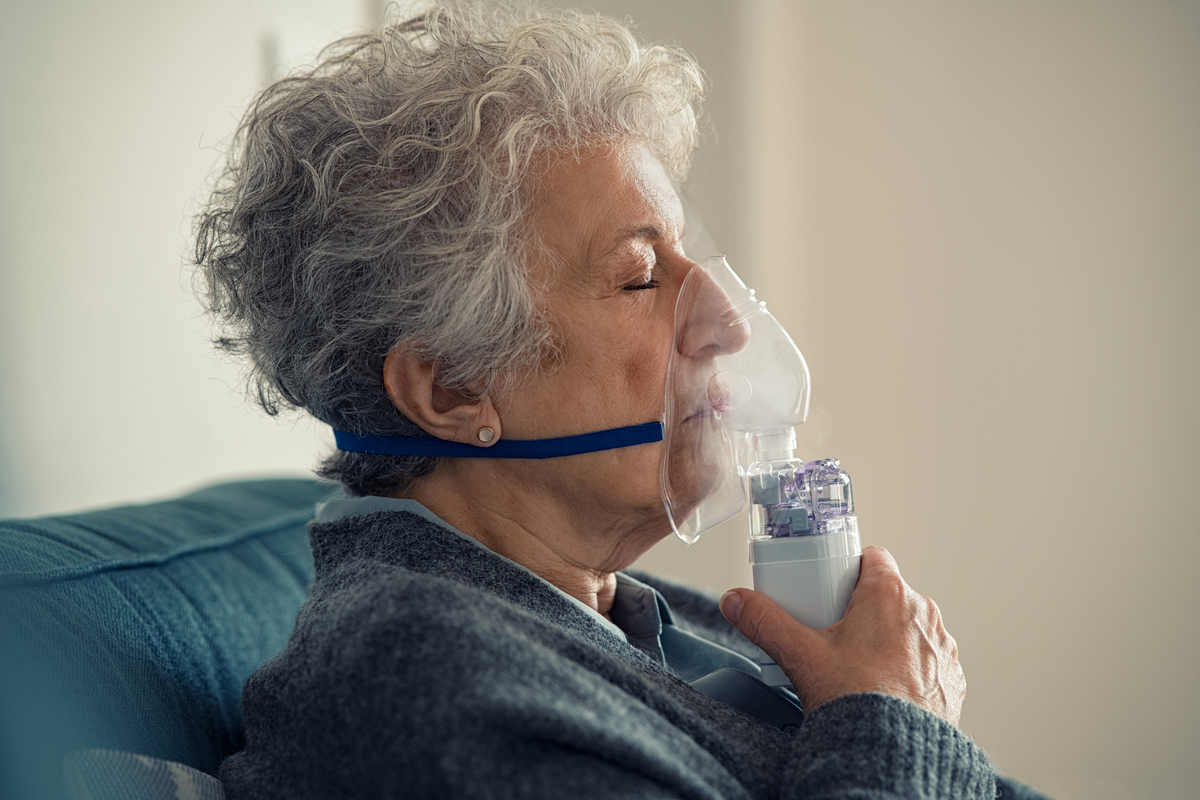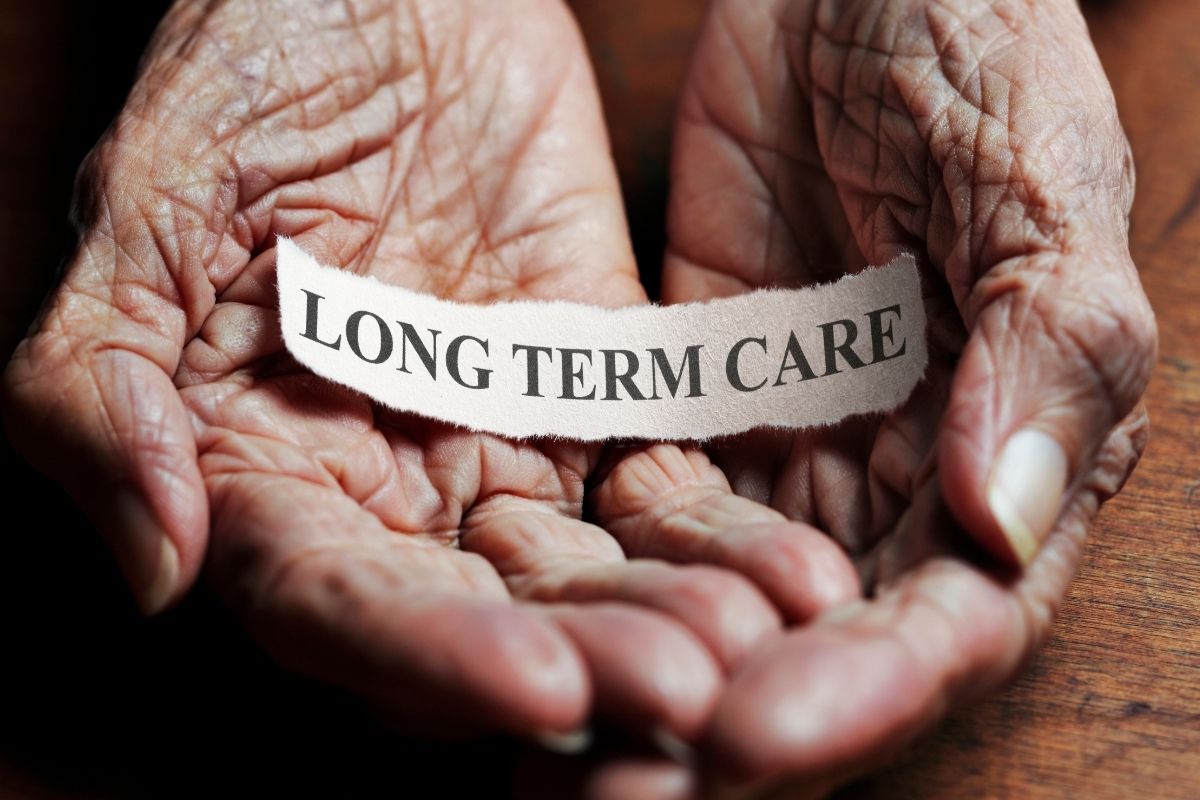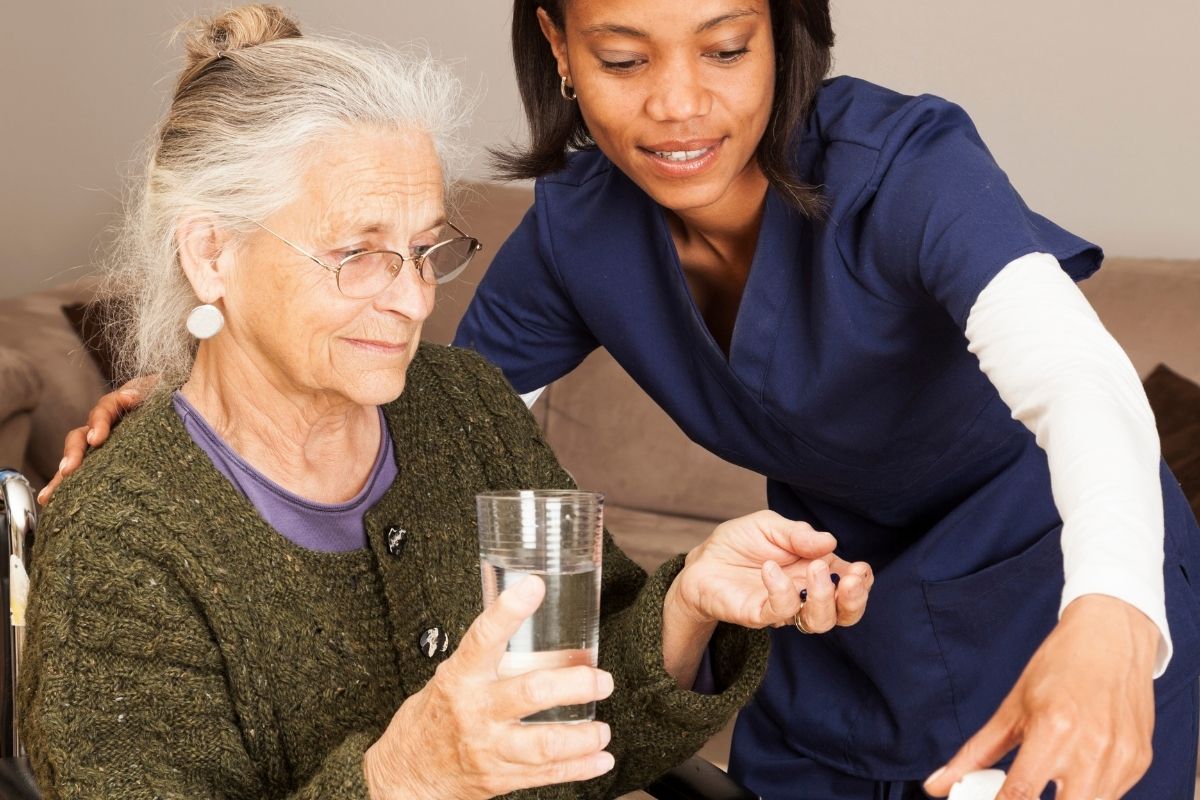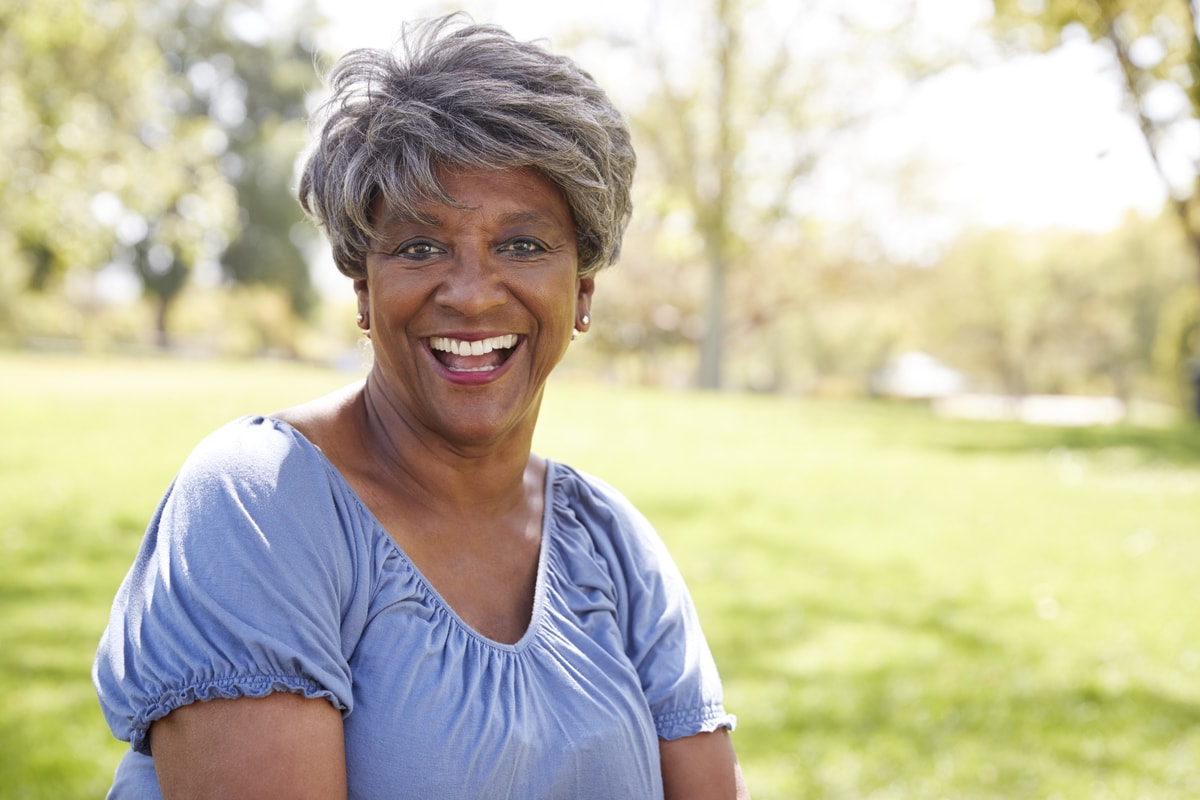According to the American Cancer Society, cervical cancer was once one of the most common causes of cancer death for American women.
It happens a lot less often than it once did, but yes, it is still a threat to many women.
According to the ACS (American Cancer Society) roughly 4,250 people in the U.S. died from cervical cancer in the year 2019.
The primary reason that fewer individuals are dying of cervical cancer these days is an increase in the use of the Pap test.
Cervical cancer is more prevalent in less developed regions of the world. In 2018, around the world, approximately 311,000 individuals died from cervical cancer.
This type of cancer is curable, particularly when treated in the early stage.
Will the stage at diagnosis matter?
Absolutely. In general, the earlier cervical cancer is diagnosed, the better the results. This type of cancer usually grows slowly.
A Pap test is able to discover abnormal cells on a cervix before they grow cancerous. It’s referred to as carcinoma in situ or stage zero cervical cancer.
Removing those cells may assist in preventing cancer from initially developing.

General cervical cancer stages are:
- Stage One: Cancer cells exist on the cervix and might’ve spread into the uterus.
- Stage Two: Cancer has grown outside of the uterus and cervix. It has not spread to the bottom part of the vagina or the walls of the pelvis.
- Stage Three: Cancer has spread to the pelvic wall, the bottom part of the vagina, or is impacting the kidneys.
- Stage Four: Cancer has reached beyond the pelvis over to the bladder lining, the rectum, or to distant bones and organs.
The five-year relative rates of survival based on those diagnosed with cervical cancer from the years 2009 – 2015 include:
- Localized (confined to uterus and cervix): 91.8%
- Regional (reached beyond uterus and cervix to sites nearby): 56.3%
- Distant (reached beyond the pelvis): 16.9%
- Unknown: 49%
Is there anything you can do to prevent it?
There has been a substantial reduction in the fatality rate since the Pap test came onto the scene.
One important thing to do to prevent cancer includes getting routine Pap tests and checkups as advised by a doctor.
Other methods of lowering your risk involve:
- asking the physician if you ought to receive the HPV vaccine
- obtaining treatment if pre-cancerous cervical cells are discovered
- having follow-up tests done when there’s a positive HPV test or an abnormal Pap test
- quitting or avoiding, smoking
Are you or your loved one experiencing cervical cancer?
You may require some support and care at home because of cervical cancer or its treatment. At AmeriBest Home Care our home health care professionals are dedicated to providing high-quality comprehensive home health and personal care services to valued members of our community. A lot of emotional and practical support is available to you. We offer Philadelphia home care services in a dignified and respectful manner. Your home health care professional manages your healthcare while you’re in your home. They’ll help with all non-medical issues that arise. Please call us at 215-925-3313 to find out how we can help you or your loved one.
















